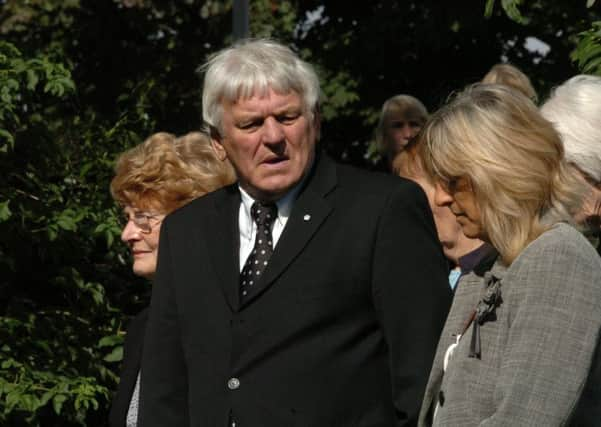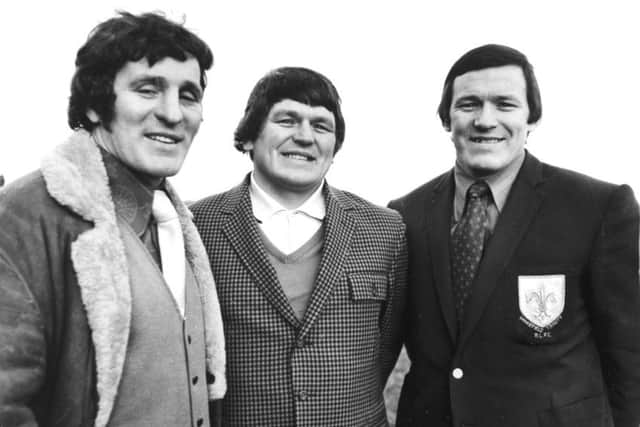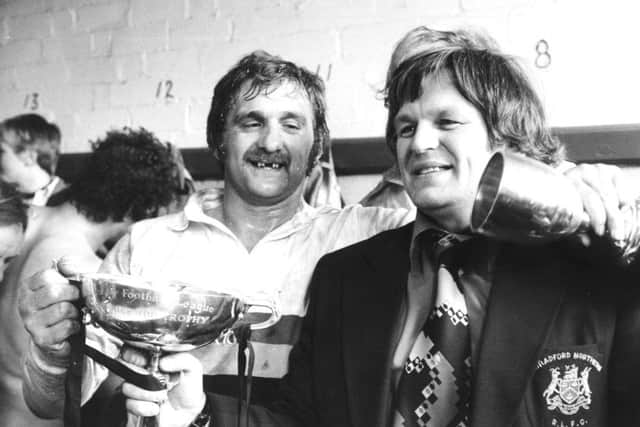Clubs plan tribute to coaching legend Peter Fox who has died aged 85


Fox died yesterday, aged 85 and Rhinos chief executive Gary Hetherington was due to speak to his family to agree a “mark of respect” to take place before kick-off.
Hetherington said: “My first club [as a player] was Wakefield Trinity and Peter came in as coach. It is very sad news.”
Advertisement
Hide AdAdvertisement
Hide AdA member of arguably the sport’s most famous Yorkshire family, Peter was older brother to Don – a gifted scrum-half who who died in 2008 – and world record points scorer Neil.


As a player he made 245 appearances in a solid, if unspectacular, career which took in spells at Featherstone Rovers, Batley (twice), Hull KR, Hunslet and Wakefield Trinity, from 1953-54 to 1966-67.
But it was after he hung up his boots that Fox really made his mark on the code, winning the Challenge Cup and First Division championship as a coach and taking charge of Yorkshire, England and Great Britain, who he led to a famous Test win over Australia in 1978.
Born in Sharlston, between Wakefield and Featherstone, Fox was appointed coach of Rovers in January, 1971 and masterminded their Wembley Challenge Cup win over Bradford Northern just two years later.
Advertisement
Hide AdAdvertisement
Hide AdHe coached Wakefield Trinity from 1974 to 76 and then steered unfashionable Bramley to promotion into Division One in 1976-77.


That inspired a move to Bradford where he won the Premiership in his first season and the Division One championship in 1979-80 and 1980-81.
His initial spell at the club also included victories in the Yorkshire Cup and John Player Trophy.
Fox joined Leeds in May, 1985, but was sacked on Christmas Eve the following year.
Advertisement
Hide AdAdvertisement
Hide AdBack at Rovers, he secured promotion to Division One at the start of a second, five-season stay.
He finished his coaching career at Bradford from 1991-92 to 1994-95 and his final active involvement in the game was as director of football at Wakefield Trinity Wildcats in the early 2000s.